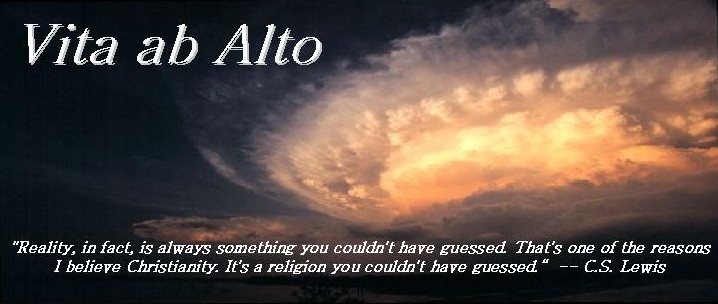Gobbling the Whole; Sharpening the Flashing Iron
This is fascinating:
There is good reason to think there are Christian documents in the hoard found in a trash heap nearly a century ago, but until now unreadable: We already have translations of tiny parts of both canonical and non-canonical Gospels from fragments of the Oxyrhynchus Papyri.
Let’s just hope those owning the papyri don’t give them to a group like the translators of the Dead Sea Scrolls!
The papyri are from the late third to early fifth centuries, so they don't take us back to the origins of the canonical Gospels in the second century, but they are from the period in which the church was deciding on a canonical New Testament and purging the church of apocrypha. The Oxyrhynchus find seems to contain the earliest examples of gnostic Gospels like Thomas’ and Mary Magdalene’s. I doubt this will significantly challenge what we already know, but it may shed light on the growth of the church in the critical period when it became Rome’s official religion and first solidified its doctrine.
Also vital, there are thousands of papyri that could increase our store of Greek and Roman literature by 20%. In one find. Wow. Included in the hoard is an unknown play by Sophocles that contains these lines:
…Which may help explain why these items were found in a trash heap. If this sample is typical, the hoard may also help examine the effects of smoking hemp in the early Middle East.
Monk
<< Home
In a breakthrough described as the classical equivalent of finding the holy grail, Oxford University scientists have employed infra-red technology to open up the hoard, known as the Oxyrhynchus Papyri, and with it the prospect that hundreds of lost Greek comedies, tragedies and epic poems will soon be revealed.
In the past four days alone, Oxford's classicists have used it to make a series of astonishing discoveries, including writing by Sophocles, Euripides, Hesiod and other literary giants of the ancient world, lost for millennia. They even believe they are likely to find lost Christian gospels, the originals of which were written around the time of the earliest books of the New Testament.
There is good reason to think there are Christian documents in the hoard found in a trash heap nearly a century ago, but until now unreadable: We already have translations of tiny parts of both canonical and non-canonical Gospels from fragments of the Oxyrhynchus Papyri.
Let’s just hope those owning the papyri don’t give them to a group like the translators of the Dead Sea Scrolls!
The papyri are from the late third to early fifth centuries, so they don't take us back to the origins of the canonical Gospels in the second century, but they are from the period in which the church was deciding on a canonical New Testament and purging the church of apocrypha. The Oxyrhynchus find seems to contain the earliest examples of gnostic Gospels like Thomas’ and Mary Magdalene’s. I doubt this will significantly challenge what we already know, but it may shed light on the growth of the church in the critical period when it became Rome’s official religion and first solidified its doctrine.
Also vital, there are thousands of papyri that could increase our store of Greek and Roman literature by 20%. In one find. Wow. Included in the hoard is an unknown play by Sophocles that contains these lines:
Speaker A: . . . gobbling the whole, sharpening the flashing iron.
Speaker B: And the helmets are shaking their purple-dyed crests, and for the wearers of breast-plates the weavers are striking up the wise shuttle's songs, that wakes up those who are asleep.
Speaker A: And he is gluing together the chariot's rail.
…Which may help explain why these items were found in a trash heap. If this sample is typical, the hoard may also help examine the effects of smoking hemp in the early Middle East.
Monk



